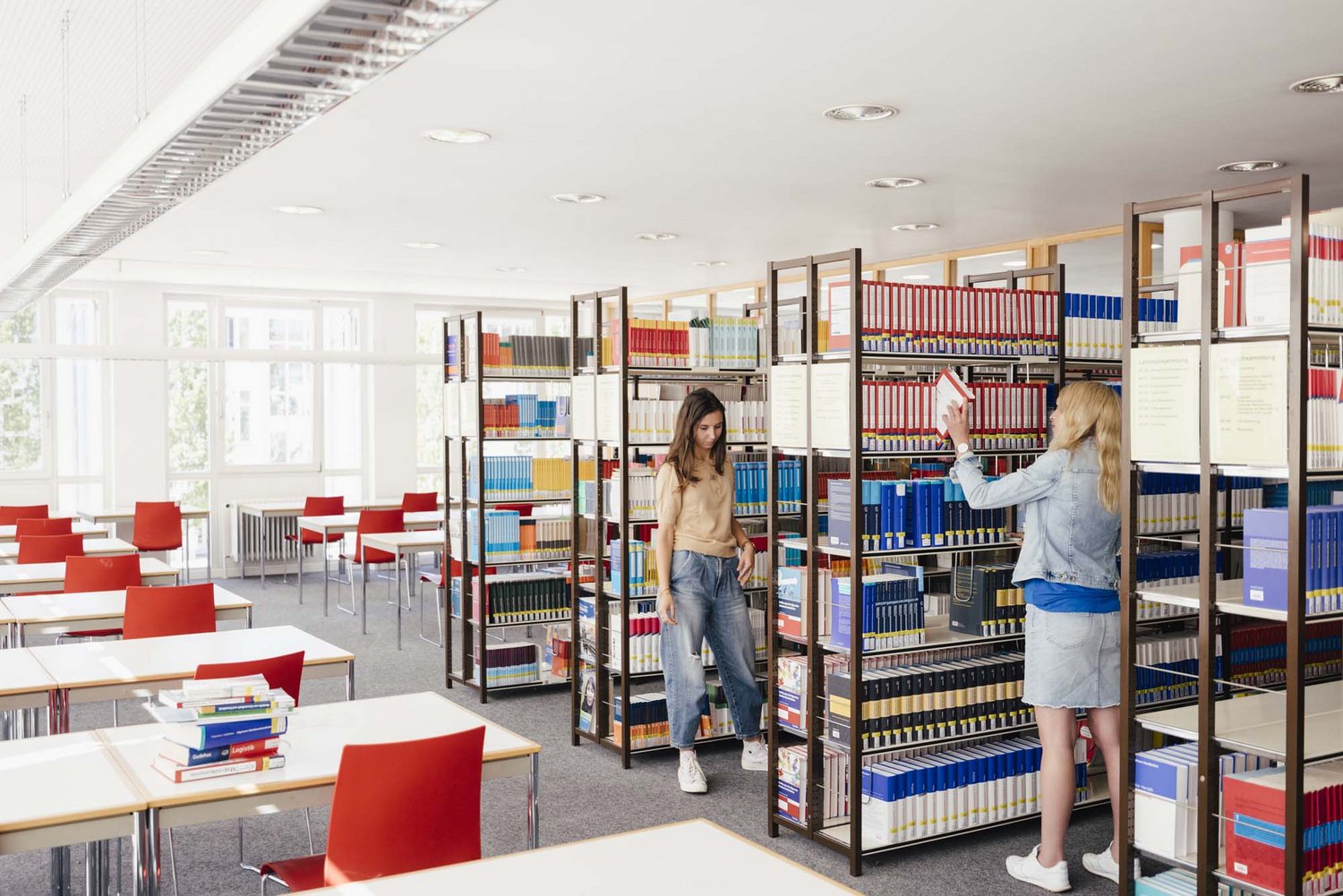Copyright

Current information on §60a UrhWissG
The reproduction, distribution and making available to the public of third-party works and parts of works protected by copyright requires the consent of the rights holder (depending on the publisher's rights of use) and must be remunerated appropriately. This remuneration was paid as a lump sum up to and including 2016. Until recently, Verwertungsgesellschaft Wort (VG Wort) insisted on individual invoicing of the works used. Landshut University of Applied Sciences did not join an agreement between VG Wort and the Standing Conference of the Ministers of Education and Cultural Affairs (KMK).
From the winter semester 2017/18, the public accessibility of text materials will probably be subject to new registration procedures and conditions. In the following months, a joint working group of the HRK, KMK and VG Wort will develop an appropriate and practicable solution for all parties involved.
Section 60a of the UrhWissG (Copyright Knowledge Society Act) came into force on 1 March 2018. It regulates the use and provision of public works in teaching and learning at educational institutions.
Legal text §60a UrhWissG Teaching and learning
(1) Up to 15 per cent of a published work may be reproduced, distributed, made publicly accessible and otherwise publicly reproduced for non-commercial purposes in order to illustrate teaching and learning at educational institutions
1. for teachers and participants of the respective course,
2. for teachers and examiners at the same educational institution and
3. for third parties, insofar as this serves the presentation of teaching, teaching or learning outcomes at the educational institution.
(2) Illustrations, individual articles from the same specialist journal or academic journal, other small works and out-of-print works may be used in full, notwithstanding paragraph 1.
(3) The following uses are not permitted under paragraphs 1 and 2:
1. reproduction by recording on visual or audio media and communication to the public of a work while it is being publicly recited, performed or presented,
2. reproduction, distribution and communication to the public of a work which is suitable, intended and appropriately labelled exclusively for teaching in schools, at schools and
3. reproduction of graphic recordings of musical works, unless it is necessary for making them available to the public in accordance with paragraphs 1 or 2.
(4) Educational institutions are early childhood educational institutions, schools, universities and institutions of vocational training or other training and further education.
Further alternatives and options
The following additional options are available to continue to provide students with the necessary materials:
- Links to the library's extensive range of digital works (e-books, e-journals). Licensed e-books that are made permanently available by the university library with a campus licence may be linked in Moodle courses (linking, not making the texts available).
- Reference to existing literature in the library
- Inclusion in the reference collection of the library
- Self-created materials (scripts, slides, assignments, protocols, etc.) using quotations (please note: taking into account the right to quote § 51UrhG; § 63 UrhG indication of source; information on quotations), provided that these have been embedded in your own work.
- Works under Creative Commons licence or open access materials, works in the public domain
- Links to materials found on the Internet

